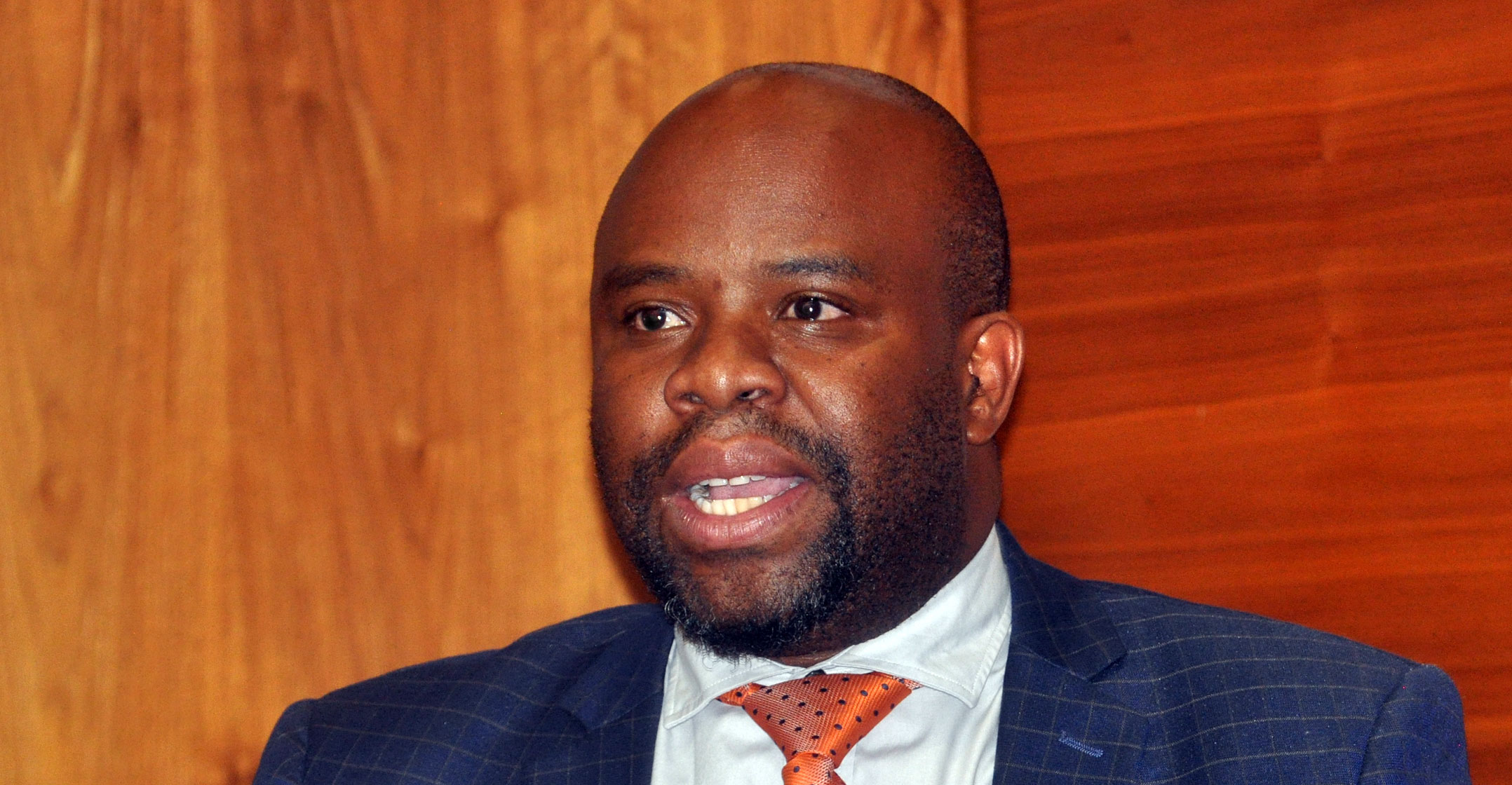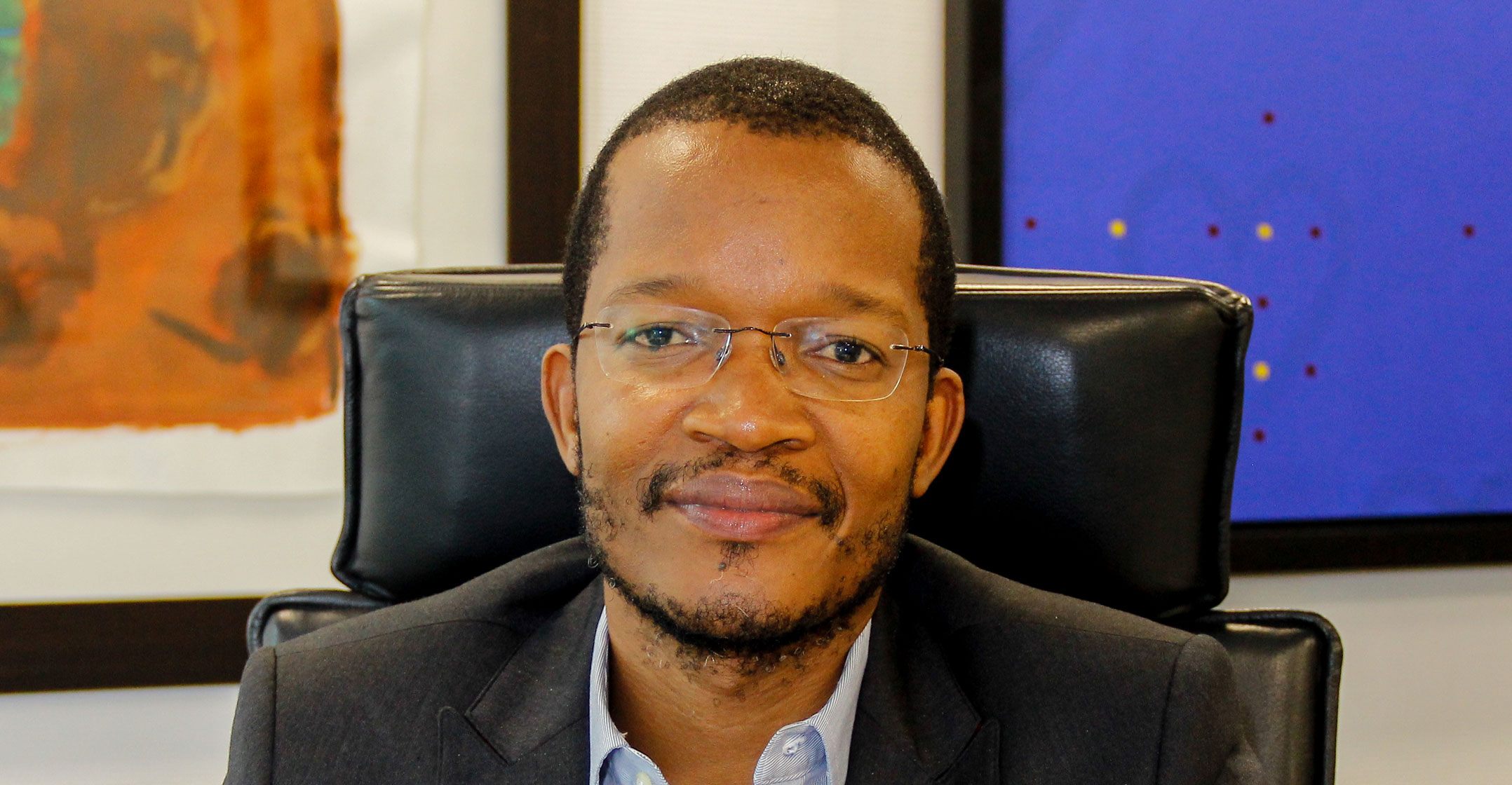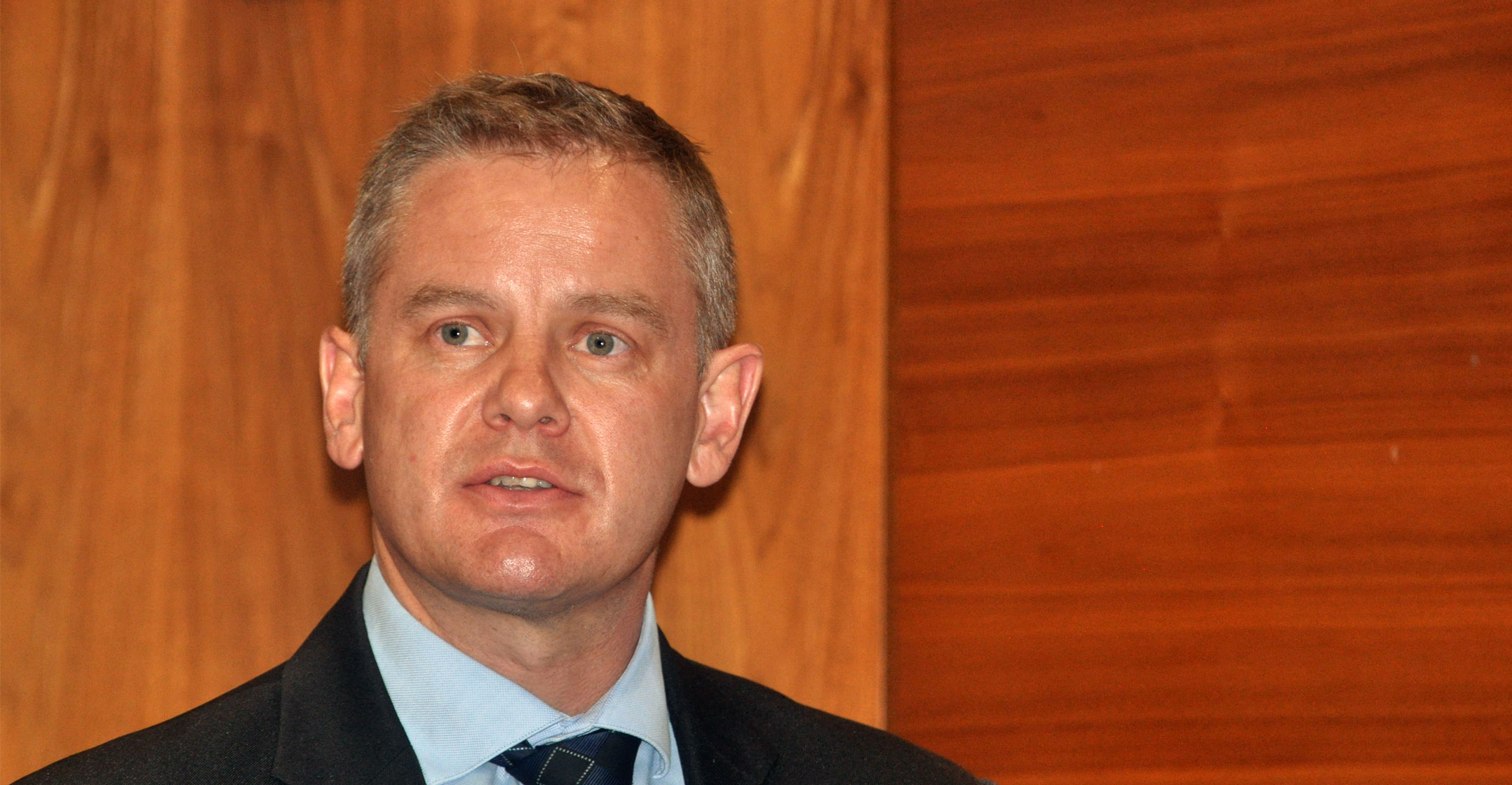
Telecommunications & postal services director-general Robert Nkuna said on Tuesday that government does not want to destroy South Africa’s big telecoms operators, despite strong objections to draft legislation that the companies have warned will undermine investment and harm the industry.
Speaking at a media conference in Sandton on Tuesday on government’s controversial Electronic Communications Amendment Bill, Nkuna reiterated government’s plan to create a single wholesale open-access network, or Woan, but denied it was attempting to hurt the two big operators, MTN and Vodacom, which together invest about R20bn/year in network infrastructure.
“We are well meaning in what we are doing,” Nkuna said. “If this industry is to expand and grow and facilitate growth in other sectors, we need some changes. Is the department expecting new companies of the scale of MTN and Vodacom? Maybe not. But our view is, with this intervention, we can have medium-tier companies emerging. These companies will be independent of whoever is providing network and spectrum access.”
Nkuna used Tuesday’s event to try to reassure the industry that government will not be “reckless” in its interventions. “Any notion that … the department is trying to destroy the existing companies … that is not our intention.”
Government has been heavily criticised by Vodacom and MTN, which have said the draft legislation fails to deal with their urgent requirement for access to new spectrum.
MTN South Africa CEO Godfrey Motsa said last month that the risks associated with the bill are “extensive and significant”. The proposed legislation, which seeks to introduce far-reaching changes to the governance of the sector, will discourage investment, he said.
“A slowdown in capital investment in our mobile networks will degrade the service and quality of the networks,” Motsa said. “This will have serious and unintended consequences, including the hindering of economic growth with a negative impact on job creation.”
Hybrid model
Motsa urged government to adopt the “hybrid model” proposed by the big operators, which he said was produced following a year of “active collaboration between both the ministry and the industry”.
“The new bill deviates substantially from that proposal.”
One of the most contentious aspects of the white paper is the proposal to create the Woan, from which other telecoms licensees will be expected to buy capacity. The Free Market Foundation has warned that this network will, in effect, create an infrastructure monopoly in South Africa.

The Free Market Foundation blasted the amendment bill, saying it “ignores months of behind-closed-doors negotiations” between the top-six mobile network operators and the government. It warned that government is effectively creating a new monopoly in the sector, threatening investment and upending an industry that has delivered communication services to most South Africans.
Foundation executive director Leon Louw said three key issues of concern in the 2016 white paper remain in the amendment bill. There’s the plan to implement a “monopoly network” in the form of the Woan; a clause that requires mobile operators to return previously allocated spectrum “in which they have invested billions” of rand; and a requirement for mobile operators to provide access to their network infrastructure to competitors at cost-based pricing.
But Nkuna on Tuesday defended the bill, saying the Woan will help create greater service-based competition. He said the members of the Internet Service Providers’ Association – Ispa represents many of the country’s ISPs – have long struggled to compete without access to spectrum and that the Woan will give them the means to take on the big network incumbents.
“We can never be reckless in the decisions we take as a government,” Nkuna said. “On the whole, we are trying to drive South Africa into a digital society and knowledge economy. That’s the endgame.”
He said the bill is meant to speed up the deployment of electronic communications facilities by the private sector. He emphasised that government will not be a shareholder in the Woan.
“The industry will have to sit down and design this network however they want to do it. The emphasis is on sharing the scarce resources (spectrum) at our disposal.”
Spectrum scarcity
He said every country is grappling with how to deal with spectrum scarcity. “In South Africa, we have decided we are going ahead with this arrangement. Is there interest from industry? Yes and no. Some feel indifferent to this approach; there are others who are saying a big ‘yes’.”
Nkuna promised that hearings will be held on 1 and 2 February 2018 at which all industry role players will be able to interact with government in a public setting “to explain what it is they are raising”. These hearings will deal with areas of concern to the industry, he said. Government has given interested parties until 31 January 2018 to provide written representations of the amendment bill (extending an earlier deadline of 17 December 2017).
Telecoms department chief director Alf Wiltz said government will find ways to incentivise the Woan to ensure its success. This might include reduced or even zero spectrum fees and funding from underserviced area agency Usaasa. “We need to move away from spectrum that is assigned exclusively to the few incumbents and more to a situation where spectrum is shared,” Wiltz said.

Nkuna said it remains government’s intention to allocate some spectrum on an exclusive-use basis to operators, but only after the Woan has received what it requires to build a national network. Also, when commercial operators receive that spectrum, they may not use it until the Woan is operational.
Details of how much spectrum will be made available on an exclusive-use basis will only be published after the legislative amendment process has run its course. The detail about how much spectrum will be made available beyond the Woan will be contained in policy directions issued by the minister.
Another big worry for the industry is that existing spectrum assignments might be returned when licences expire in about 10 years’ time. The operators have invested tens of billions of rand on their 2G, 3G and 4G networks using these spectrum assignments, and any move to return this spectrum is likely to be the subject of a court challenge.
“…We need to figure out what happens when the expiry date arrives, what are we going to do?” Nkuna said. “Because (the operators) have been issued with this spectrum, (do they) just continue (using it), irrespective? What we are envisaging is a new licensing dispensation, post 2027/2028, on what will be the best way of using this scarce resource. We will need to do a study well in advance, by the regulator, to say at the expiry of the (spectrum) licences, what then happens?”
Nkuna said he wants to conclude the legislative process “without delay”, but emphasised that government “still wants to consult sufficiently”.
“We want to conclude the process by the end of the financial year (31 March 2018).” — © 2017 NewsCentral Media




